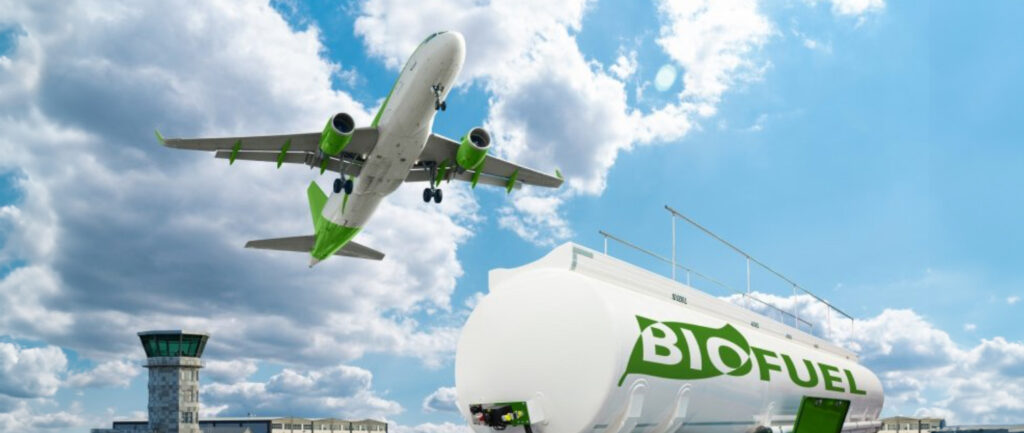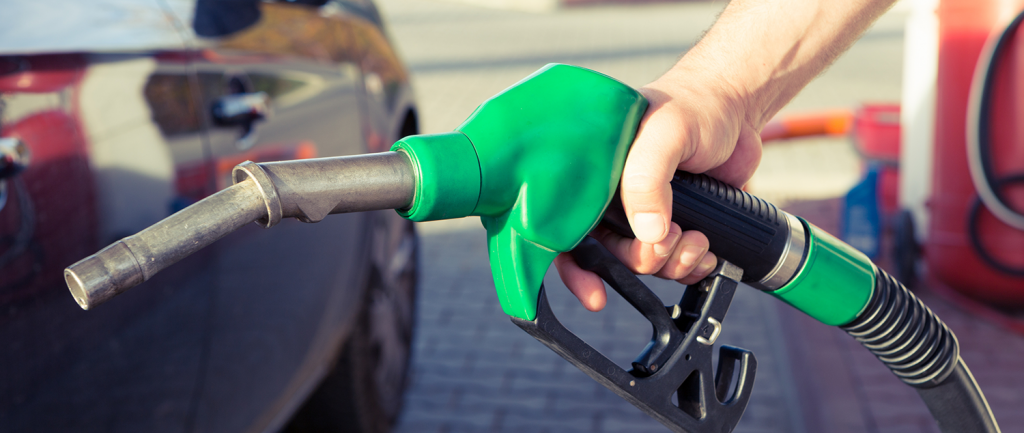Per Minnesota law, starting April 1 Minnesota will move to a B20 (20% biodiesel) blend during the summer months before reverting back to B5 (5% biodiesel) blend on Oct. 1. This will be the fourth year of B20 in Minnesota. In 2022, Minnesota Soybean will celebrate the 20th anniversary of B2 being signed into law by then-Gov. Tim Pawlenty, putting the state at the forefront of the nation’s renewable fuel movement.
Biodiesel in Minnesota contributes nearly $1.7 billion toward the state’s economy, adding about 5,400 jobs to the state and boosting demand for soybeans by 13%. The homegrown fuel is also helping to clean Minnesota’s air. In Minnesota, using B20 in the summer and B5 in the winter has an effect equal to removing the emissions from 246,000 vehicles from the roads each year.
Click here to read a B20 Handling Guide. For more information related to bulk diesel usage, read the FAQs below.
Q&A with the Minnesota Department of Commerce
Q: Minnesota’s biodiesel mandate changes throughout the year. What levels am I required to have in my bulk storage tank throughout the year?
A: The Minnesota biodiesel mandate applies to sales of diesel meant to be used in internal combustion engines, not to fuel already stored in bulk storage tanks at farms or other businesses. All bulk diesel sold and delivered to tanks that fuel diesel equipment, such as construction equipment, truck fleets, farm equipment and generators, must contain at least the following minimums:
• Deliveries between October 1 – March 31: 5%
• Deliveries between April 1 – April 14 (Transition to 20%): 10%
• Deliveries between April 15 – September 30: 20%
The only exceptions are generators at nuclear power plants, rail road locomotives, off-road logging equipment, Coast Guard vessels and ships subject to Coast Guard inspection, and generators being tested by manufacturers before being sold outside Minnesota. Diesel that is sold and delivered to tanks for heating systems also does not need to contain biodiesel, because furnaces are not internal combustion engines.
Note: Number 1 diesel is exempt from the biodiesel mandate year round. Number 2 diesel must contain at least the minimums listed above. Blends of #1 and #2 diesel must have at least the minimum amount of biodiesel required for the #2 component of the blend.
Q: Can I buy diesel containing only 5% biodiesel in February or March and have it delivered to my storage tank in August or September?
A: No. In Minnesota, diesel is considered to be sold only when it has been metered and delivered, regardless of when it was ordered or paid for. Diesel delivered to bulk storage or equipment tanks between April 15 and September 30 must contain 20% biodiesel.
Q: Can I buy fuel with more than the mandated amount of biodiesel in it?
A: Yes. Minnesota biodiesel mandate levels are minimums. All diesel may contain more than the mandated amount of biodiesel. Diesel sold as home heating oil frequently contains 5% biodiesel (B5) because fuel suppliers typically do not have storage for both B5 and straight diesel. B5 falls under the same ASTM fuel quality standard as straight diesel. Both are winterized at the same additive levels.
They should be virtually indistinguishable when used in equipment or as heating oil.
Q: How do I know how much biodiesel I received in a delivery? And how do I know I received the quality of diesel that I ordered?
A: The delivery ticket or bill of lading which accompanies a bulk fuel delivery to a tank used to fuel internal combustion engines is required to state the volume percentage of biodiesel blended into the diesel [MN Stat. §239.77 subd. 4.], and to describe “the identity of the commodity in the most descriptive terms commercially practicable, including representations of quality made in connection with the sale.” [MN Stat. §239.092 (a)(6)] That means all diesel delivery tickets for bulk sales should state whether the diesel delivered was #1 diesel, #2 diesel, a blend of #1 and #2 diesel, winterized diesel, premium diesel, or a particular brand of diesel or additive package, depending upon the terms of the sales agreement. The delivery ticket must also specify the amount of biodiesel in the diesel.
The Minnesota Department of Commerce’s Weights and Measures Division fuel lab is available on request to test samples from bulk tanks to determine biodiesel content and whether diesel or biodiesel blends meet ASTM specifications, including flash point, distillation points, cold weather properties, and water or microbial contamination. The Weights and Measures fuel lab cannot determine brand identity or additive packages. Please contact the lab by calling 651-539-1555 if you have questions or wish to have a fuel sample tested.





